Well Inspection & Testing
Signet Environmental
Well Inspection & Testing

Since water is the lifeblood of any home, when buying a property with a private water well, it is essential to know what condition the well system is in and if it is sufficient to meet your family’s water usage demands. There is nothing worse than a holiday or special event without water, and since well system parts always seem to fail at the most inopportune times, a Well Inspection & Test by Signet Environmental will give you the peace of mind you need going forward.
How does a well work for a house?
Many homes have private wells that tap into groundwater provided by an aquifer that runs underneath the property. The location and depth of the well are determined by the geology and underground water levels. A well is a vertical hole (typically 100 – 500 feet deep) drilled into the ground to reach the permeable layer of rock that contains water. Once the hole has been dug, the water from the nearby aquifer will fill the well. The well drilling contractor will then install a submersible pump large enough to bring water to your home. As the water is pumped out, more will seep in to refill the well, creating a reliable source of water. According to the EPA and U.S. Census data, more than 13 million American households rely on a private well to meet their water needs with over 600,000 in California alone.

Who Regulates Private Well Water?
The EPA regulates municipal drinking water supplies but does not have jurisdiction over private wells. Many states have a patchwork of regulatory measures in place with overlapping jurisdiction among several agencies. So it’s fair to say that in the majority of cases, private well water is unregulated. That’s why it’s important for homeowners to take control of their water quality and ensure they’re maintaining and monitoring their well.
What does a well inspection consist of?
Since a well is more than a hole in the ground with water, conversely a private water well system inspection is more than just pumping some water. Not only will we attempt to obtain a copy of the California Department of Water Resources Water Well Drillers Report, but our well inspector will do his best to determine the type of well, the well configuration, the equipment age, and will conduct a full visual examination and/or performance test of the following:
• Pump/well equipment enclosure(s)
• Pressure tank & switch
• Pressure gauge & relief valve
• Water holding tank (if present)
• Well system electrical
• Well system plumbing
• Wellhead casing, cap & grading
• Well Pump


Private water systems come in all shapes and sizes with no two being exactly the same. Depending on the dug well capacity, those with a low flow rate may incorporate a water storage tank to augment the water that is available during peak times. With these, most use a pressure tank to increase the delivery PSI and a small percentage might use an elevated storage tank that uses gravity instead. Others may incorporate a constant pressure well system that changes the speed of your water pump as demand increases or decreases. Still others may not actually have a dug well but rely on a storage tank that is filled by a rain water collection system or water delivery.
 Is a water well inspection required when buying a home
Is a water well inspection required when buying a home
When you are buying a home with a water well system, an actual well inspection is not typically required, but you may need to perform a well water quality test. For example, because Fannie Mae requires the appraiser to comment on the effect of a hazard on the value and marketability of the subject property, the appraiser would have to note when there is market resistance to an area because of environmental hazards or any other conditions that affect well, septic, or public water facilities. When the lender has reason to believe that private well water that is on or available to a property might be contaminated as a result of the proximity of the well to hazardous waste sites, the lender is exercising sound judgment if it obtains a “well certification” to determine whether the water meets community standards.
Is it a bad idea to buy a house with a well?
If the well has been properly maintained and the aquifer remains unpolluted, there is no reason you should avoid such a property. One of the biggest advantages of owning a home with a well is being in control of your water quality. Homeowners can maintain their well water to a higher standard than most municipal sources. Some homeowners actually prefer the taste of well water, and it can be viewed as a desirable feature when buying or selling a home.

Buy with confidence and avoid private water well system surprises by booking Signet Environmental for your Water Well System Inspection & Testing.



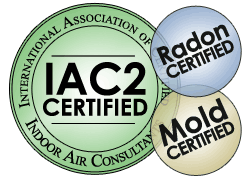
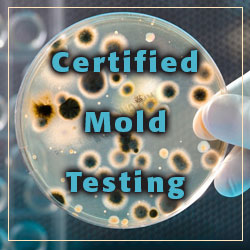

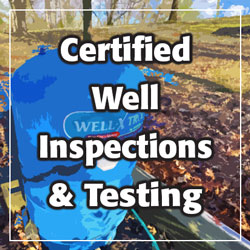
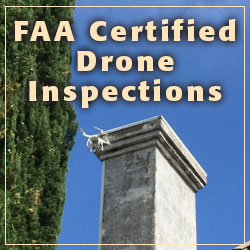

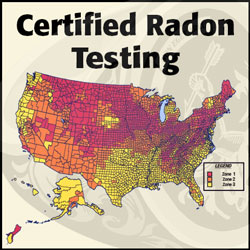
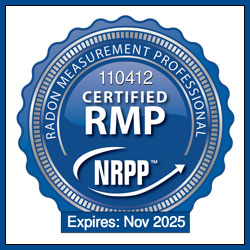
Environmental Testing News
Follow Signet Environmental via social media.